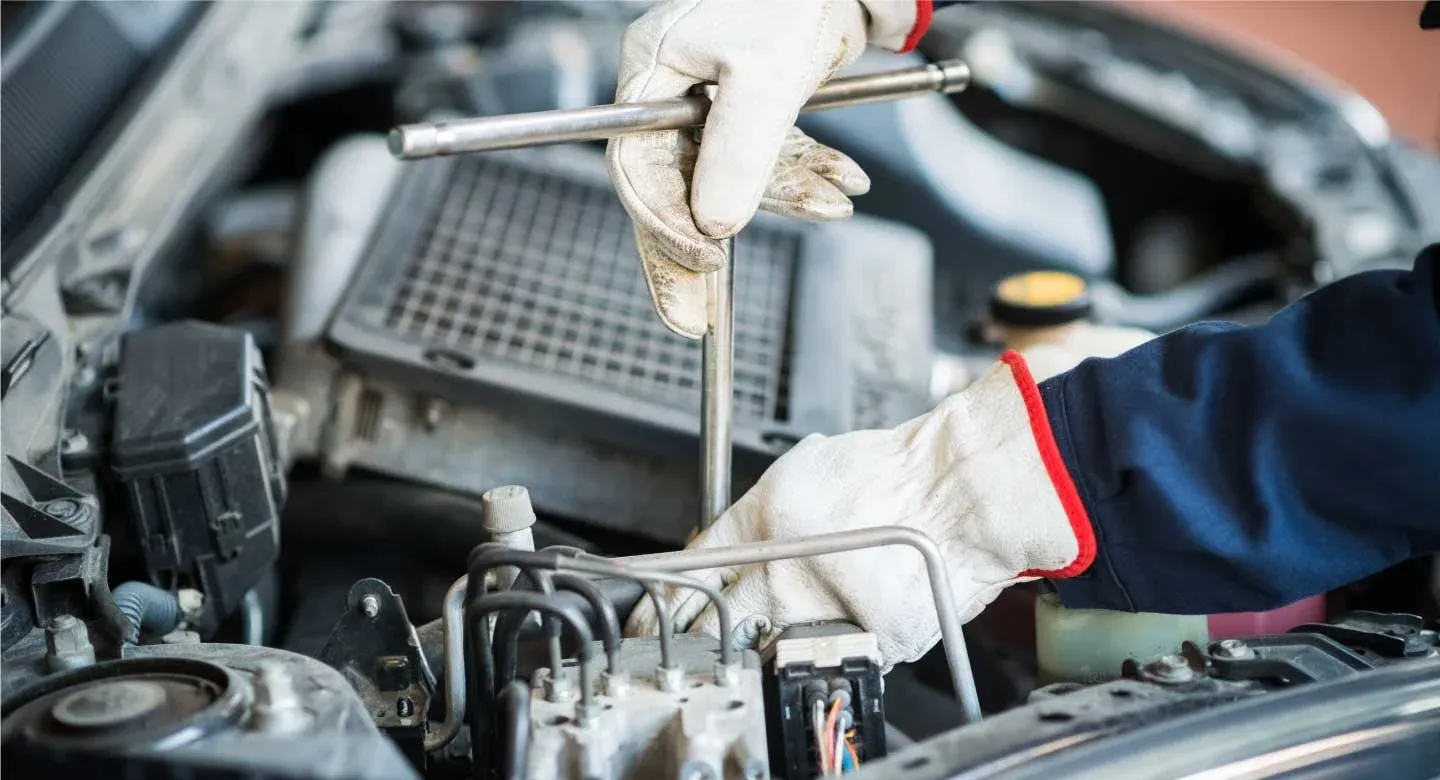Understand the process of engine decarbonisation and the benefits of using decarbonisation machines. Keep your engine running smoothly with regular detox.
Engine detox: Understanding engine decarbonisation machines
The internet is flooded with dozens of articles dedicated to detox drinks and diets for a healthy life. Yet, it's high time you understand that your car needs the same! Just like your body, your car needs good care to give its best performance every day. This is where engine decarbonisation comes in.
What is engine decarbonisation?
Engine decarbonisation is a simple yet solid approach to eliminating all the accumulated carbon from the internal components of your car’s engine. For example, the valves, fuel injectors, pistons, and combustion chambers can often get damaged. Excess carbon deposition is the only reason behind this, which causes carbon emissions.
However, when you decarbonise your car’s engine, it returns to its original efficiency. Moreover, it extends the engine's life and enhances fuel economy.
Benefits of car decarbonisation
Let's look at some amazing benefits of car decarbonisation that will make you want to avoid further debate.
Your car's engine will thank you for a thorough cleaning.
All the other essential components are also cleaned, making it perform at an excellent speed.
Your engine doesn't roar or create any noise after the process.
Your fuel efficiency is back to its original power.
Your engine starts performing better than before and comes back to life again.
However, let your car describe its symptoms and whether it needs decarbonisation or not.
Different types of car engine decarbonisation
Engine decarbonisation can be done in three ways. Let's have a glimpse at the three main types of engine detox. Understanding them will help you decide which method would be most suitable for your car.
Chemical decarbonisation
This is the most common process as it is mostly performed during maintenance service or as a part of a fuel cleaning regime. Additives like terpenes and alcohol are used with fuel to flush away the carbon deposits from the pistons, crown rings, and fuel injectors.
Mechanical decarbonisation
It is a manual way of removing carbon deposits from the engine where they use tools like scrapers or a brush. During this process, they can disassemble certain parts. Make sure that an expert is doing the task, or your car may face a disaster.
Hydrogen decarbonisation
This process involves the use of hydrogen to wipe out the accumulated carbon in your car engine. However, this process is quite challenging because the car's intake system is drowned with hydrogen. Generally, the hydrogen reacts with the deposited carbon, breaking it down into tiny compounds and then gets released through the exhaust system.
Summing up
The process of car engine decarbonisation boosts the performance of your engine's life. Not only does it clear off the carbon deposits, but also extends the lifespan of your car. Thus, the next time you think about the health of your car, go for an engine detox right away. Discuss with your service mechanic to ensure your beloved car gets the pampering it needs. Remember that your car deserves nothing but the best maintenance service! Regular maintenance, including decarbonisation, not only enhances performance but also helps in maintaining your car’s value—making it easier to secure comprehensive car insurance at the best rates.

Get Quick Quote


